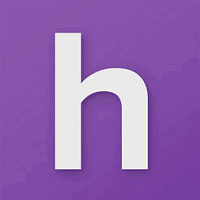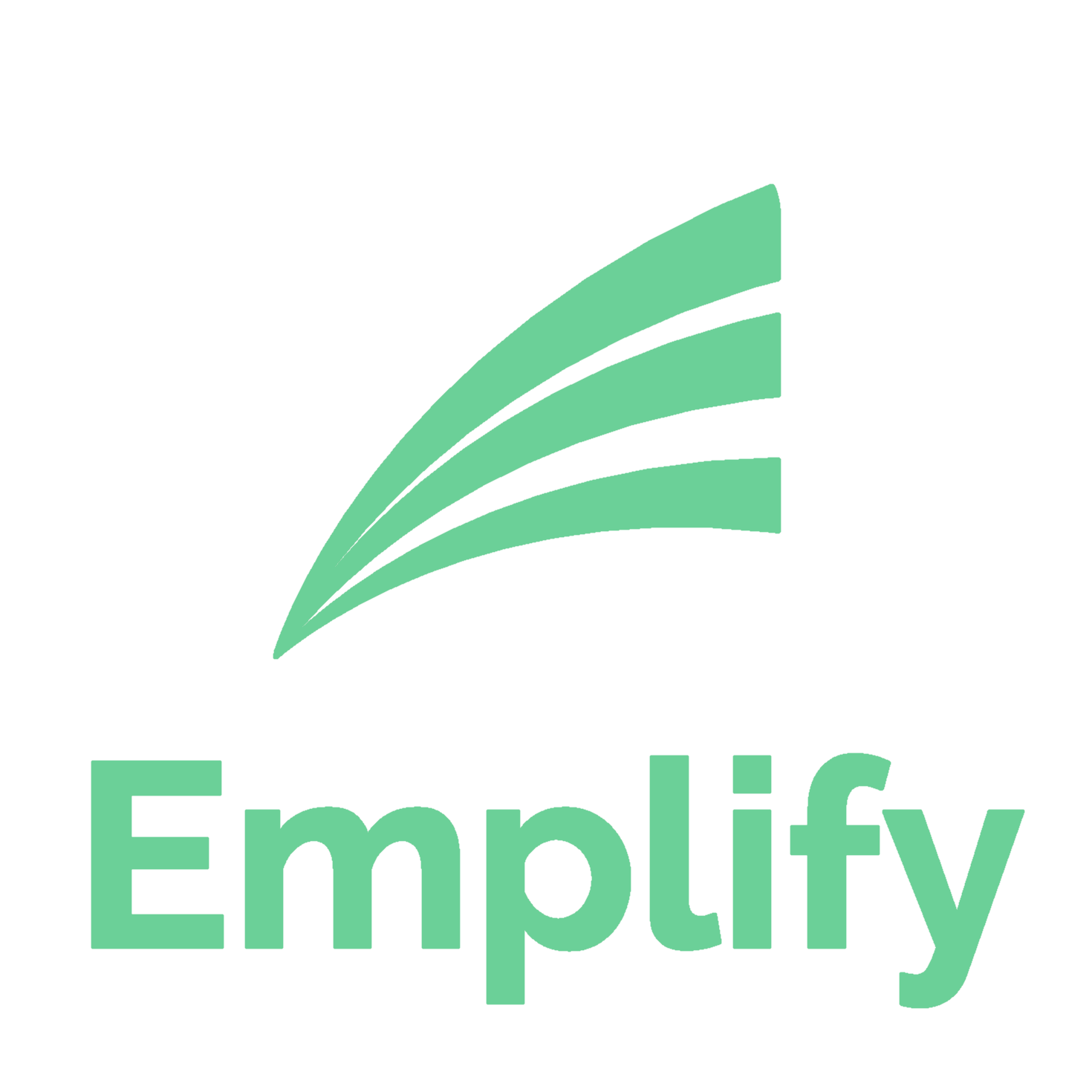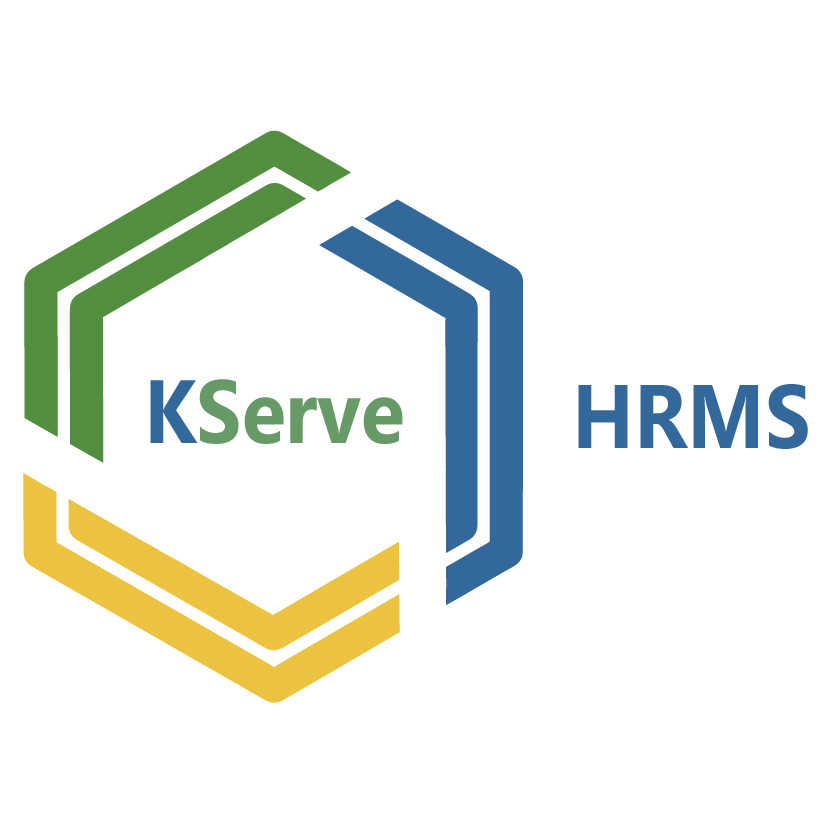Description
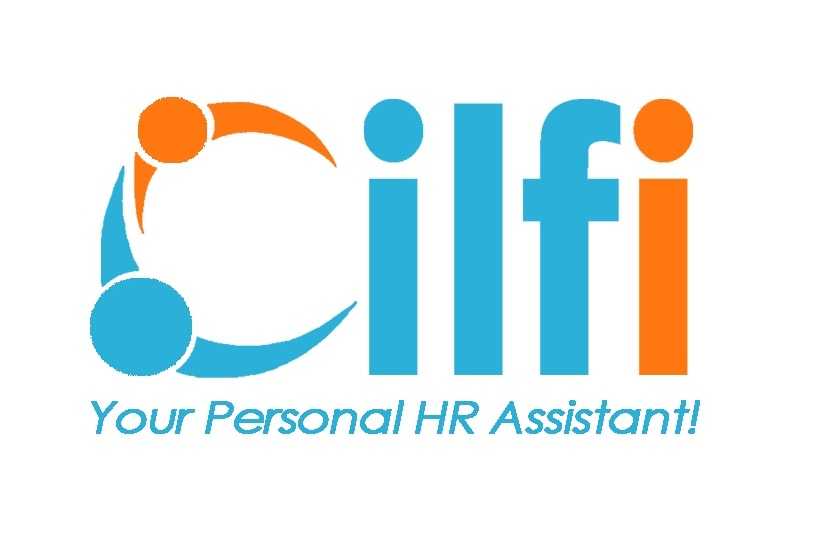
CILFI
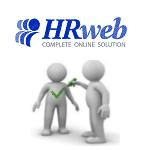
HRweb
Comprehensive Overview: CILFI vs HRweb
To provide a comprehensive overview and comparison of CILFI and HRweb, let's break down each aspect:
a) Primary Functions and Target Markets
CILFI:
-
Primary Functions:
- CILFI primarily offers solutions focused on compliance, particularly concerning payroll and employment law.
- It includes functionalities for managing statutory compliance, labor laws, and other regulatory requirements.
- The platform also provides tools for payroll processing, tax filing, and ensuring timely submissions to relevant authorities.
-
Target Markets:
- CILFI targets medium to large enterprises that require robust compliance solutions.
- Industries with intricate compliance needs, such as manufacturing, logistics, and large retail chains, may find CILFI particularly useful.
- Companies with a global presence might use CILFI to manage and streamline their international compliance efforts.
HRweb:
-
Primary Functions:
- HRweb provides a comprehensive human resource management system (HRMS).
- It offers functionalities such as employee management, performance reviews, time and attendance tracking, recruiting, and onboarding.
- The system may also include features for benefits administration and employee self-service portals.
-
Target Markets:
- HRweb mainly targets small to mid-sized businesses looking for an integrated HR management solution.
- It appeals to various industries, including tech firms, small retail businesses, and startups, where centralized HR processes can significantly increase efficiency.
b) Market Share and User Base
-
Market Share:
- As of the latest data available before 2023, both CILFI and HRweb occupy niche segments within the larger HR and compliance software market.
- CILFI likely has a smaller market share compared to general HR solutions due to its specialized focus on compliance.
- HRweb may have a larger presence in the market segment catering to small and mid-sized businesses due to its broader HR functionalities.
-
User Base:
- CILFI's user base consists of corporations that prioritize regulatory compliance and face significant compliance burdens.
- HRweb has a broader user base, potentially encompassing a variety of small to mid-sized businesses across different sectors that require comprehensive HR management.
c) Key Differentiating Factors
-
Specialization vs. Generalization:
- CILFI differentiates itself through its specialization in compliance and regulatory needs, offering a deep dive into niche compliance areas.
- HRweb provides a more generalized HR management solution, appealing to companies with broader HR needs beyond just compliance.
-
Target Audience:
- CILFI is built for enterprises that need to adhere strictly to compliance standards, often in multiple jurisdictions.
- HRweb caters to smaller businesses aiming to streamline HR operations with less focus on complex compliance matters.
-
Functional Breadth:
- While CILFI offers in-depth compliance tools, HRweb focuses on a wide range of HR functions, making it a one-stop-shop for HR management.
- Companies looking for specific compliance features may lean towards CILFI, whereas those seeking all-encompassing HR solutions might prefer HRweb.
-
Scalability:
- CILFI can be more appealing to larger organizations that need to manage compliance across diverse regions and legislative requirements.
- HRweb is designed to support growing SMEs by providing scalable HR solutions that can expand with the company.
These aspects can provide a clearer understanding of the roles, market positions, and special characteristics of CILFI and HRweb in the HR and compliance software landscape.
Contact Info

Year founded :
Not Available
Not Available
Not Available
India
http://www.linkedin.com/company/cilfihr

Year founded :
Not Available
Not Available
Not Available
Not Available
Not Available
Feature Similarity Breakdown: CILFI, HRweb
To provide a feature similarity breakdown for CILFI and HRweb, here’s an analysis based on their core features, user interface, and unique aspects:
a) Core Features in Common
-
Employee Data Management: Both platforms offer comprehensive tools for managing employee records, including personal information, job roles, and historical data.
-
Leave and Absence Tracking: CILFI and HRweb provide functionality to manage employee leave requests and track absences efficiently.
-
Performance Management: Each solution includes modules to facilitate performance appraisals, goal setting, and employee reviews.
-
Reporting and Analytics: Both systems offer reporting tools that help HR personnel analyze data and generate insights for better decision-making.
-
Time and Attendance: They provide mechanisms for tracking employee attendance, working hours, and overtime.
b) Comparison of User Interfaces
-
CILFI: Known for its modern and intuitive UI design, CILFI focuses on delivering a user-friendly experience with a dashboard view that simplifies navigation across various HR modules. It often emphasizes visual data representation through graphs and charts, appealing to users who prioritize ease of data interpretation.
-
HRweb: The interface of HRweb is organized and straightforward, designed to prioritize functionality. It typically employs a layout that is easy to navigate but may look more traditional compared to CILFI. The UI focuses on providing quick access to key features and maintaining simplicity for users less comfortable with complex systems.
c) Unique Features
-
CILFI:
- Advanced Integrations: CILFI often offers a wider range of integrations with third-party applications, making it a versatile choice for businesses that rely on multiple software tools.
- Mobile App: CILFI provides a mobile application, allowing employees and HR personnel to access and manage HR functions on the go.
-
HRweb:
- Customization Options: HRweb stands out with its high level of customization, allowing companies to tailor the HR system to specific organizational needs more comprehensively than CILFI.
- Compliance Management: This platform may offer more robust compliance management tools, making it especially attractive for industries with stringent regulatory requirements.
These products serve common HR functions but cater to varying preferences in interface design and unique features based on individual business needs. Organizations might choose one over the other based on the specific requirements and workflow preferences of their HR departments.
Features

Not Available

Not Available
Best Fit Use Cases: CILFI, HRweb
To effectively outline the use cases and scenarios for CILFI and HRweb, it’s important to position these products within the broader landscape of business management and human resource solutions.
CILFI
a) Best Fit for Businesses or Projects:
-
Industry Context: CILFI’s capabilities are not explicitly detailed in the query, but assuming it involves financial, operational, or logistical functionalities based on the name:
- Small to Medium Enterprises (SMEs): Businesses that require streamlined financial and logistical management can benefit from CILFI if it offers integrated solutions for these functions.
- Project-Based Companies: Firms that operate on a project basis (e.g., construction, consulting) could find CILFI useful for budgeting, resource allocation, and project tracking.
- Startups: Especially those in need of robust financial oversight to manage cash flow, forecast financial needs, and adjust to market changes quickly.
-
Features: Assuming CILFI provides comprehensive analytics, financial management, and possibly operational oversight, it would suit companies needing integrated platforms to manage diverse aspects of the business.
d) Industry Verticals or Company Sizes:
- Industry Verticals: It likely caters to industries with complex logistical or financial requirements such as manufacturing, wholesale, construction, and consulting.
- Company Sizes: More suited for SMEs and startups that need integrated solutions without the expansive systems required by larger enterprises.
HRweb
b) Preferred Scenarios:
-
Human Resources Management: HRweb is primarily a human resources-focused solution, making it ideal for companies focusing on employee management, performance tracking, and talent acquisition.
-
Compliance-Centric Industries: Industries with stringent compliance requirements (e.g., healthcare, finance) can use HRweb to ensure adherence to regulations regarding employee management.
-
Rapidly Growing Companies: Organizations experiencing growth phases can use HRweb to effectively onboard, manage, and develop talent.
-
Features: If HRweb offers functionalities such as applicant tracking, performance management, payroll, and employee engagement tools, then it provides considerable value to HR teams looking to streamline processes.
d) Industry Verticals or Company Sizes:
- Industry Verticals: HRweb’s applicability spans various industries such as healthcare, technology, education, and retail due to its focus on HR processes, which are universal across verticals.
- Company Sizes: While it can benefit any company size, it is particularly useful for mid-sized businesses needing to scale HR operations without significant resource allocations.
Overall Differentiation:
- CILFI focuses on financial/logistical management, making it more suited to companies with primary needs in those operational areas.
- HRweb delivers value through HR process optimization, making it preferable for organizations prioritizing talent management and compliance.
Each product appears to cater to different core functionalities, targeting specific needs within operational and human resource management, respectively.
Pricing

Pricing Not Available

Pricing Not Available
Metrics History
Metrics History
Comparing teamSize across companies
Conclusion & Final Verdict: CILFI vs HRweb
To provide a conclusion and final verdict for CILFI and HRweb, we will evaluate each product based on overall value, pros and cons, and provide specific recommendations for users:
a) Considering all factors, which product offers the best overall value?
Assessing overall value requires consideration of multiple factors including cost, features, usability, customer support, scalability, and integration capabilities. If CILFI offers competitive pricing with robust features that meet a wide range of HR needs while being easy to use and scalable, it may present the best overall value. Conversely, if HRweb provides superior customer support, advanced features tailored to specific industries, and seamless integration with existing systems despite potentially higher costs, it could offer better value for organizations prioritizing these aspects. Ultimately, the best overall value will depend on the specific needs and priorities of the organization.
b) What are the pros and cons of choosing each of these products?
CILFI:
Pros:
- Cost-Effective: Generally, CILFI may offer more affordable pricing, making it accessible for smaller businesses and startups.
- User-Friendly: Known for an intuitive interface that requires minimal training for HR staff and employees.
- Scalability: Flexible plans may allow businesses to scale the service as they grow.
Cons:
- Limited Advanced Features: May lack some of the advanced HR functionalities required by larger enterprises.
- Integration Limitations: Could have fewer integrations available with other enterprise software.
- Customer Support: Potentially not as robust as competitors, depending on the package chosen.
HRweb:
Pros:
- Comprehensive Features: Offers a wide range of features that can handle complex HR tasks, suitable for large organizations.
- Integration Capability: Good integration with other software tools, making it easier for enterprises using diverse tools.
- Reliable Support: Known for excellent customer service and technical support, offering timely assistance.
Cons:
- Higher Cost: May have a higher price point, which could be a barrier for small to medium-sized enterprises.
- Complexity: The breadth of features can lead to a steeper learning curve for new users.
- Customization Challenges: Some users may find it less flexible in terms of customization compared to other platforms.
c) Are there any specific recommendations for users trying to decide between CILFI vs HRweb?
-
Assess Organizational Needs: Determine the specific HR needs of your organization. If you require basic functions at an affordable price, CILFI could be the better choice. However, if you need advanced features or operate at a larger scale, HRweb may be more suitable.
-
Budget Considerations: Evaluate your budgetary constraints. If cost is a primary concern and your needs are basic, CILFI might offer the best value. Conversely, if you have a budget that allows for investment in comprehensive features and superior support, HRweb can be optimal.
-
Trial and Testing: Use trial versions or request demos from both vendors. This hands-on experience can provide insight into usability, features, and overall fit for your organization.
-
Integration Requirements: Consider your current software ecosystem. If robust integration is critical, HRweb might offer better compatibility with other enterprise tools.
-
Long-Term Growth: Think about your organization's growth plans. Choose a solution that can grow with you—CILFI’s scalability features may appeal to emerging businesses, while HRweb's robust offerings cater to established companies foreseeing complex requirements.
By carefully assessing these factors, decision-makers can choose the solution that aligns best with their organization's strategic goals and operational needs.
Add to compare
Add similar companies
